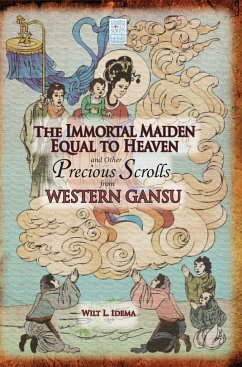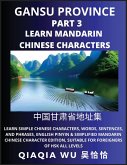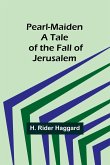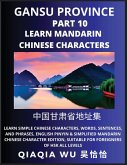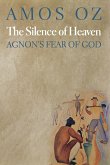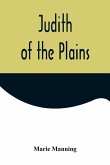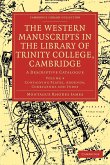Following thirty years of suppression as feudal superstition, Chinese popular religion has made a spectacular comeback since the 1980s. One aspect of this phenomenon has been the return of precious scrolls as ritual and entertainment in several regions of China, most notably the economically advanced Wu-dialect area and the poor countryside of Western Gansu. As these texts were performed once again, they have been collected, edited, and published as part of China's Intangible Cultural Heritage. These materials greatly broaden and deepen our knowledge of popular literature, ritual, and religion and open a new window into the values and customs of local society. The texts also offer unique insights into the history of the region as seen through the eyes of the local population who had to confront the harsh environment and frequent incursions of nomadic groups. Given the wealth of knowledge to be gained, it is not surprising that these materials are attracting the growing attention of scholars. The Immortal Maiden Equal to Heaven and Other Precious Scrolls from Western Gansu by eminent Sinologist Wilt Idema is thus a significant foray into the area. This unprecedented book provides complete and annotated translations of six precious scrolls that have never before been translated. An insightful and helpful introduction precedes each translation. The study includes a general survey of the development, origin, context, and popularity of the narrative and concludes with a discussion of available modern editions.
Hinweis: Dieser Artikel kann nur an eine deutsche Lieferadresse ausgeliefert werden.
Hinweis: Dieser Artikel kann nur an eine deutsche Lieferadresse ausgeliefert werden.

